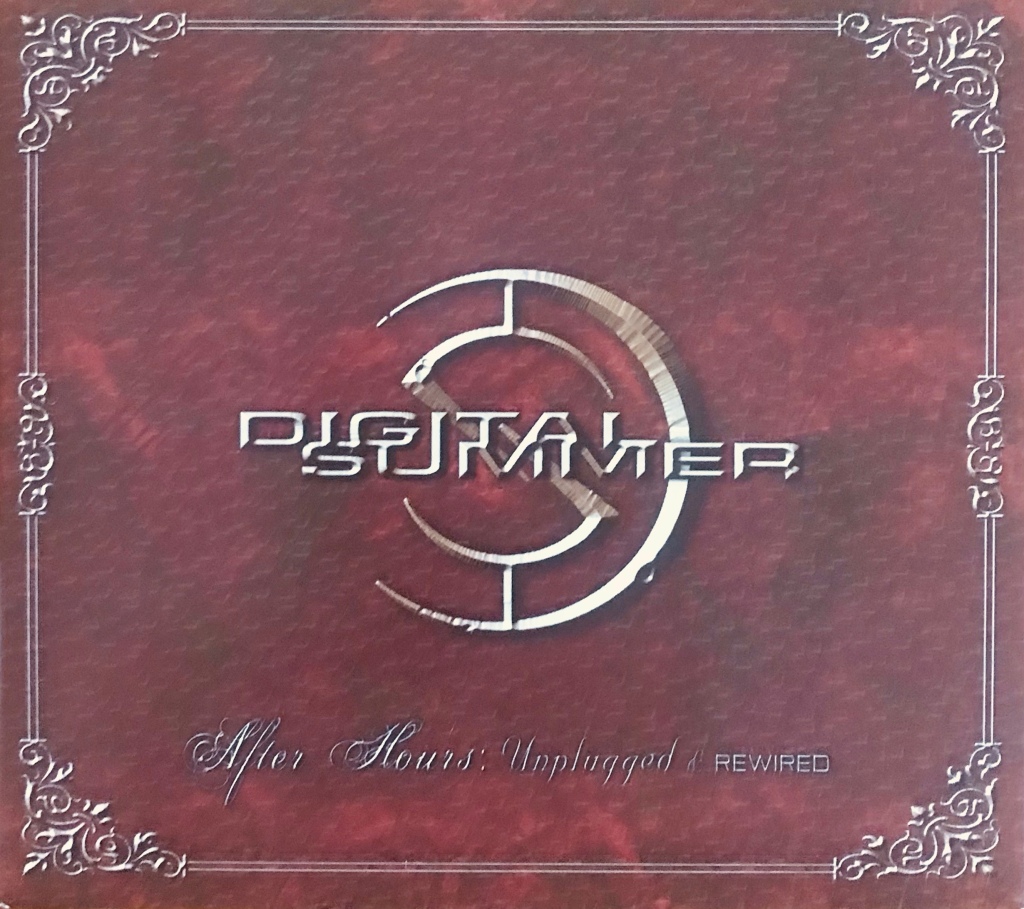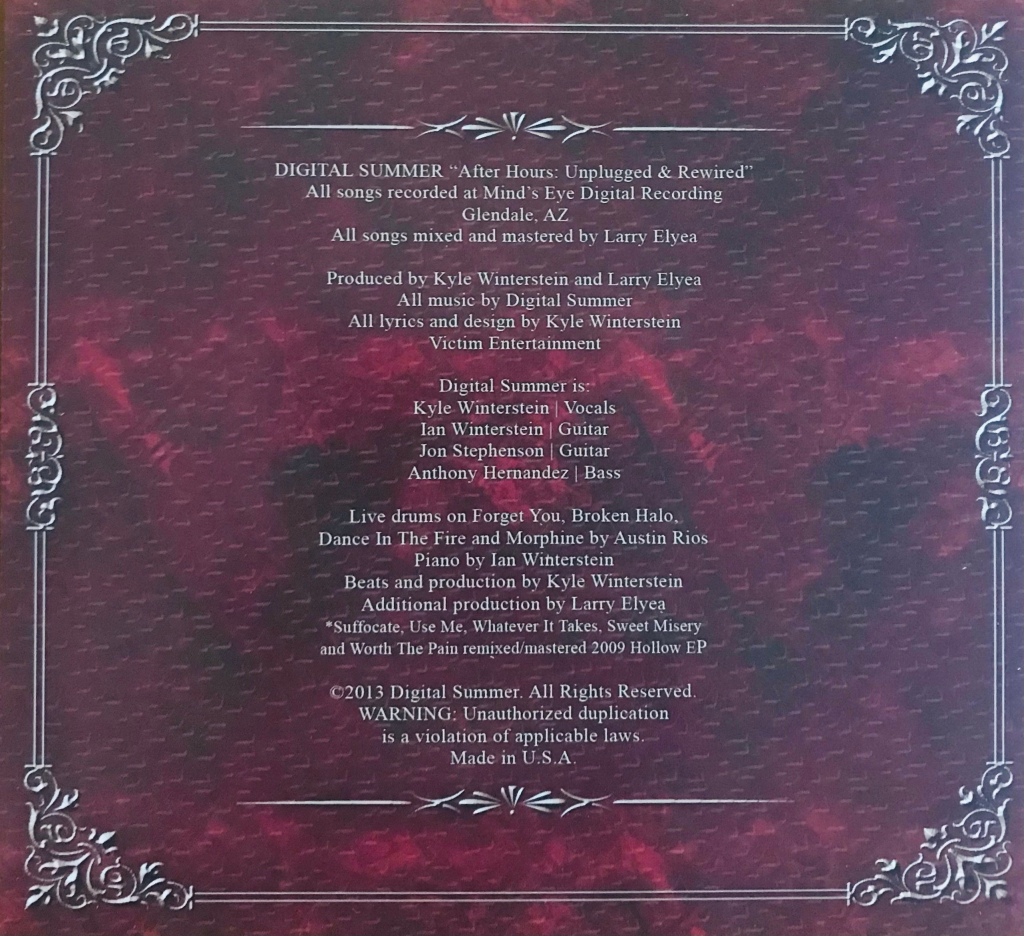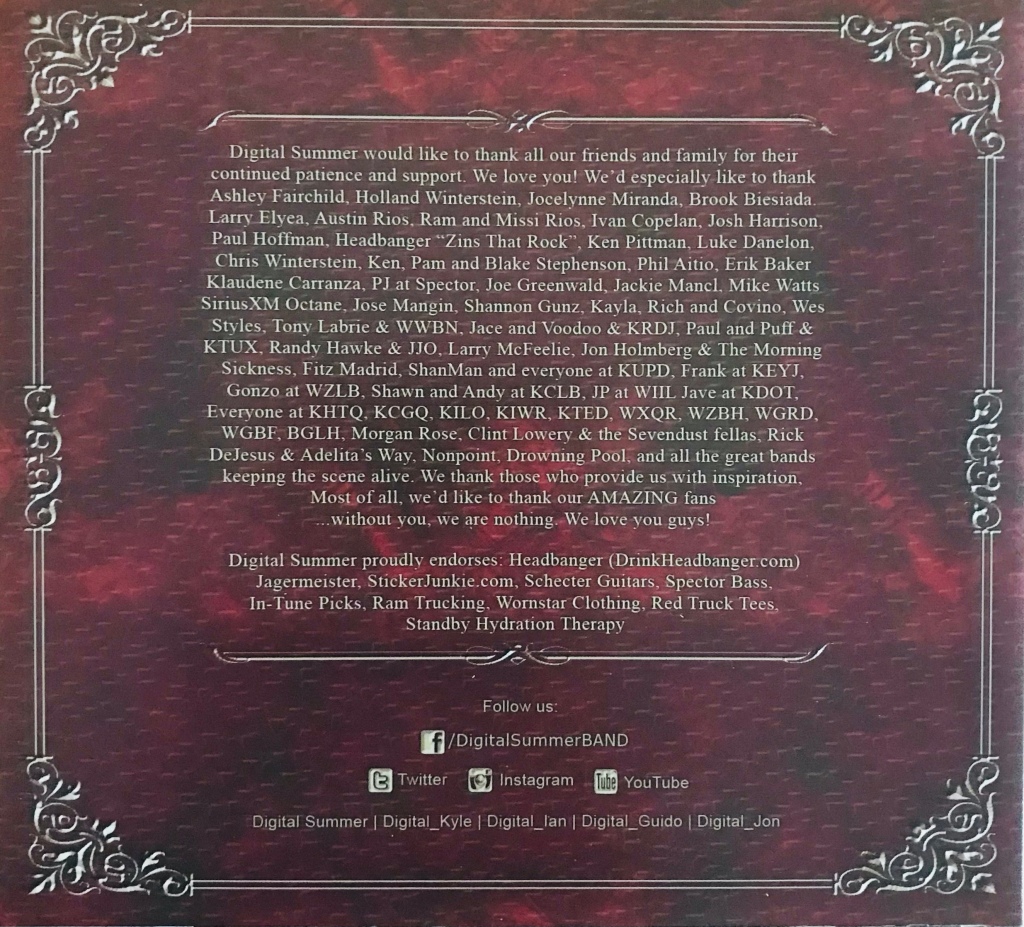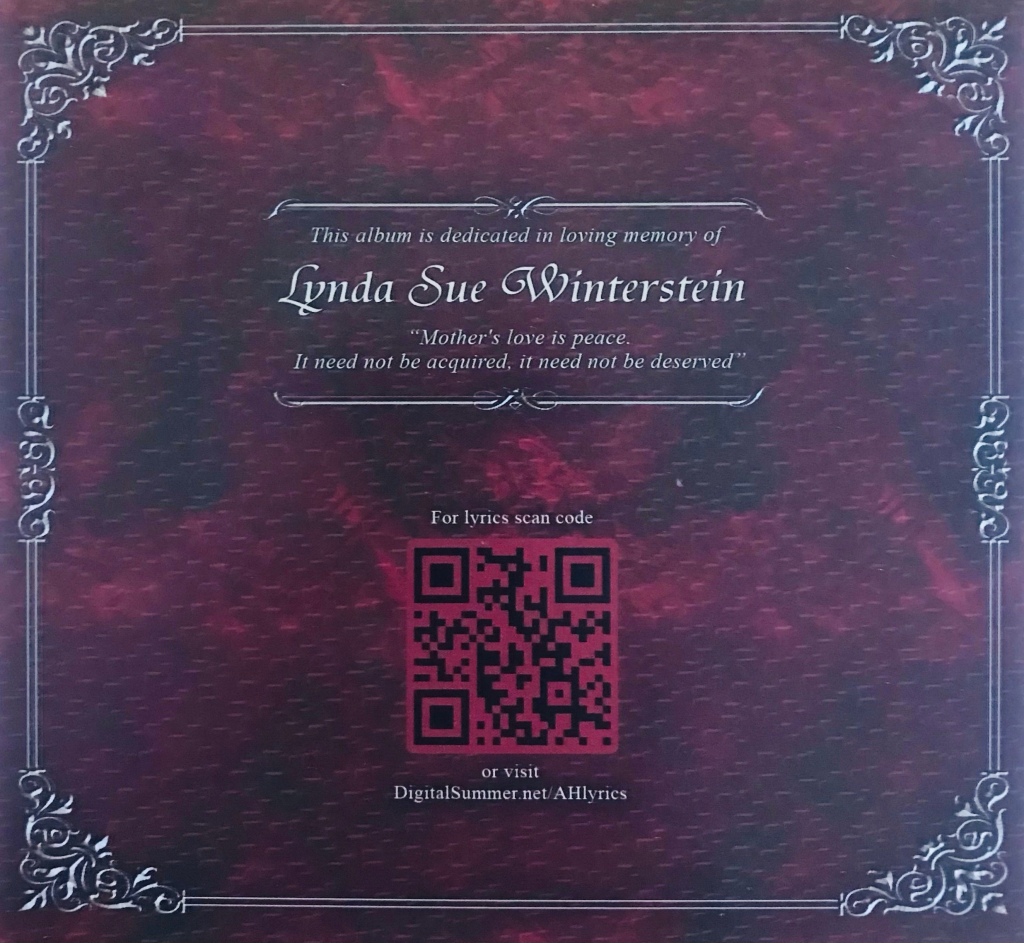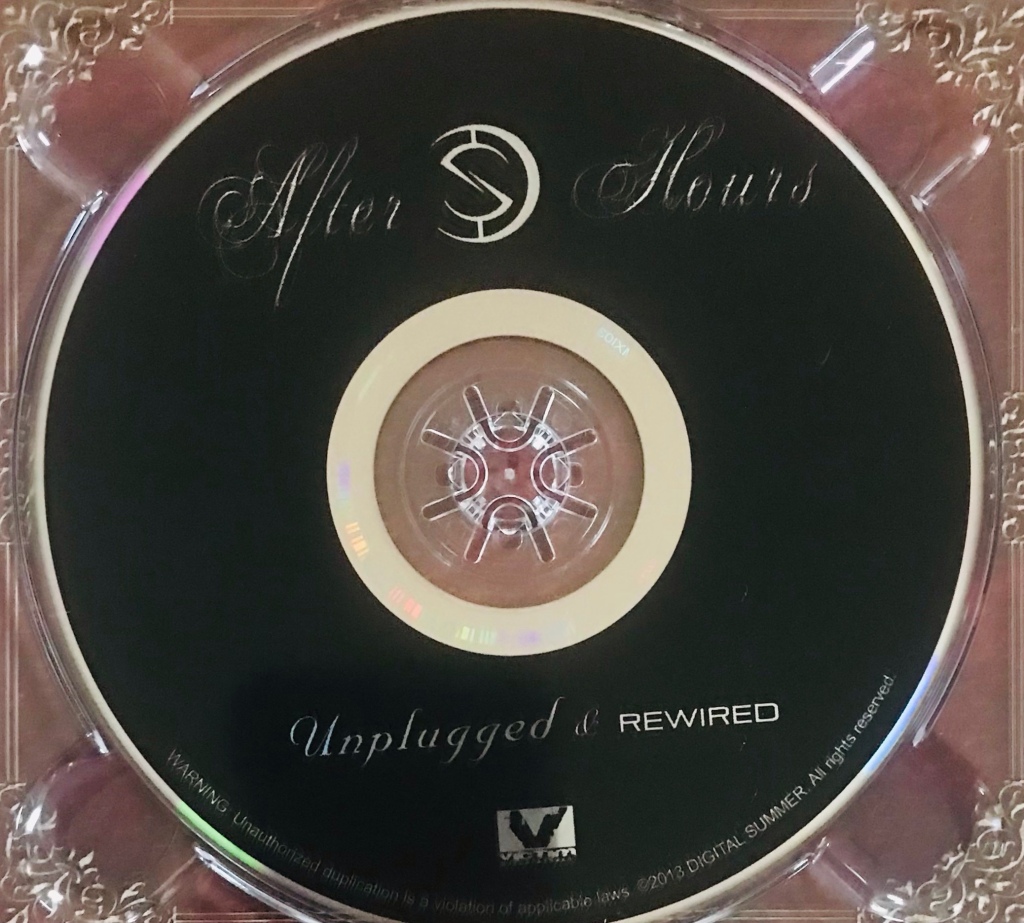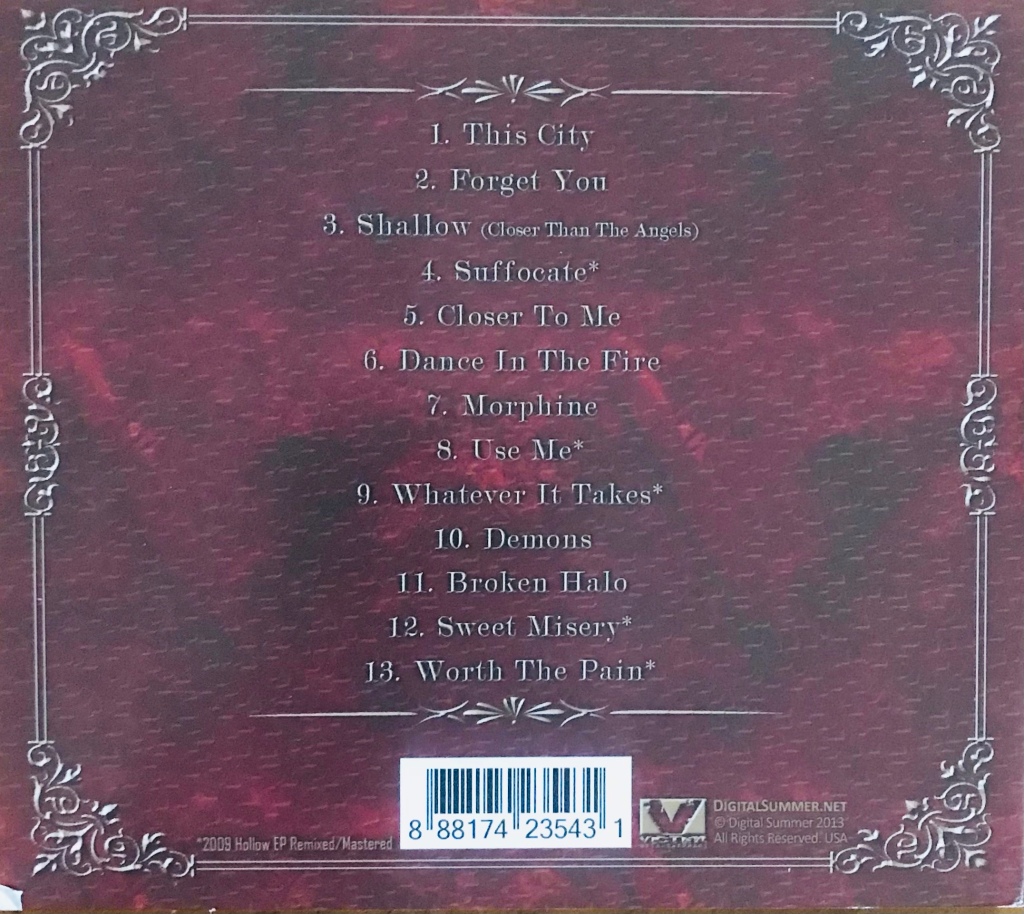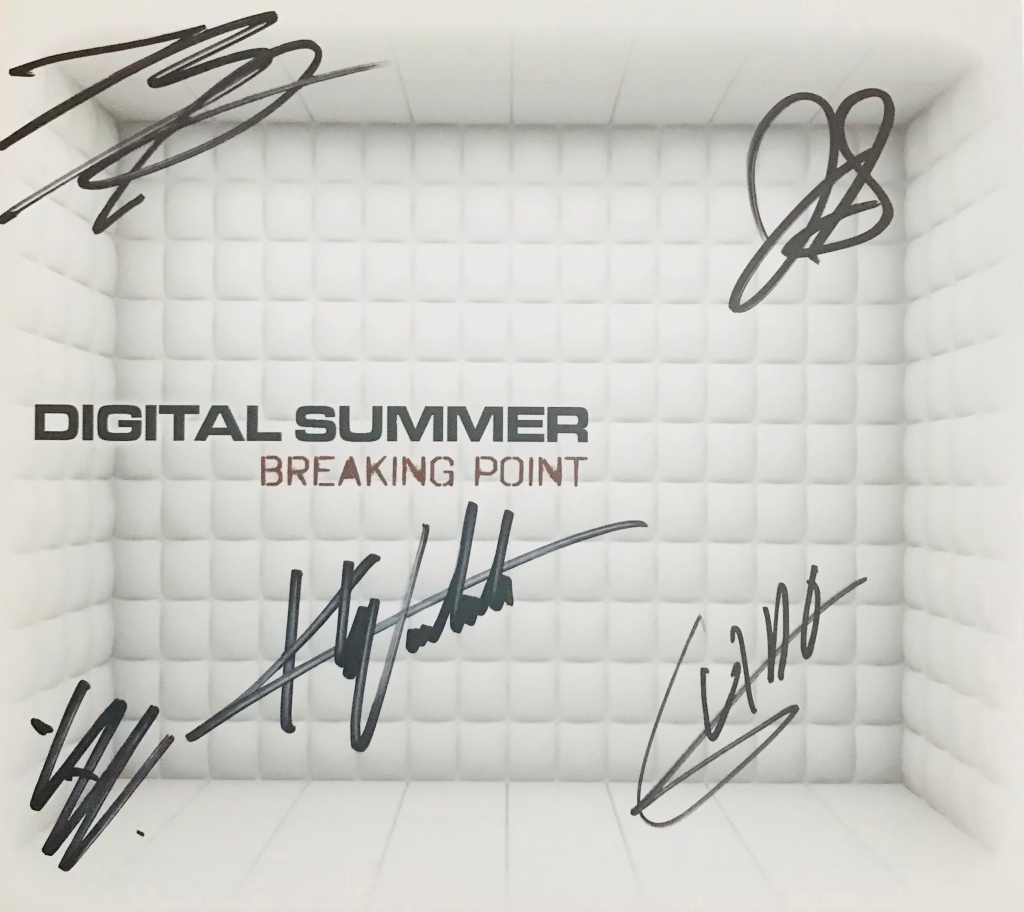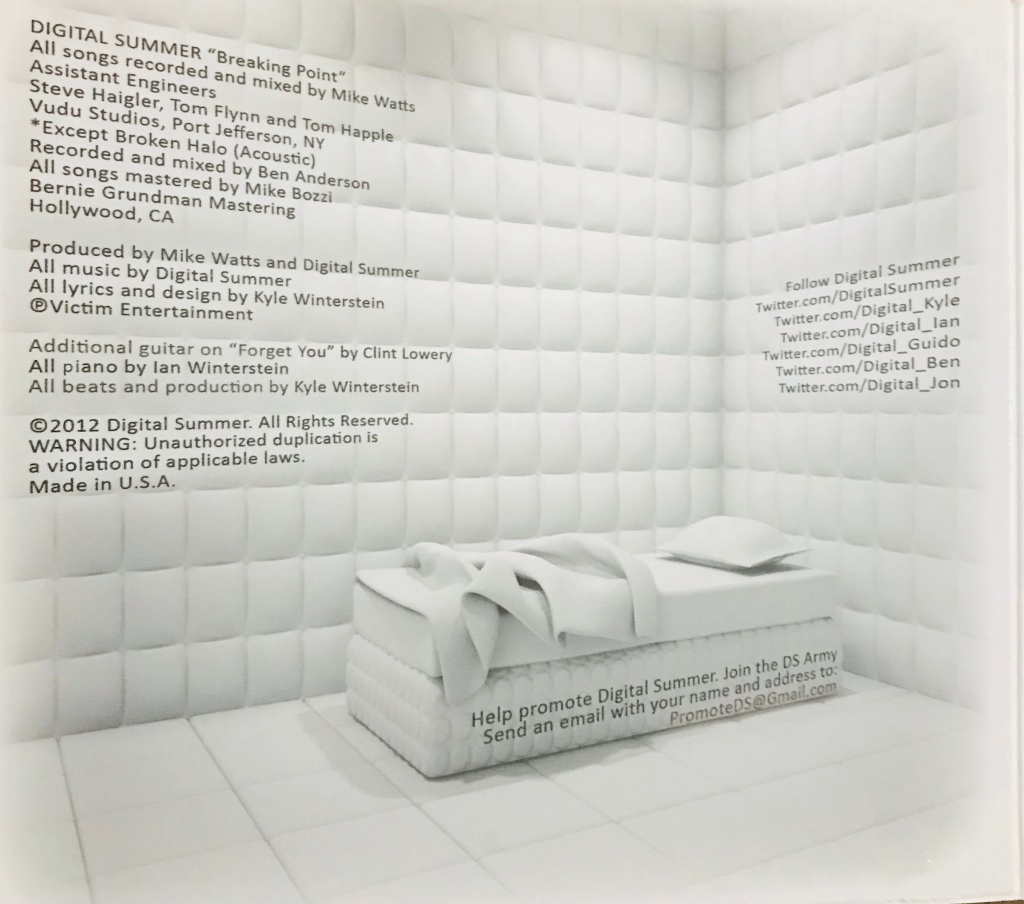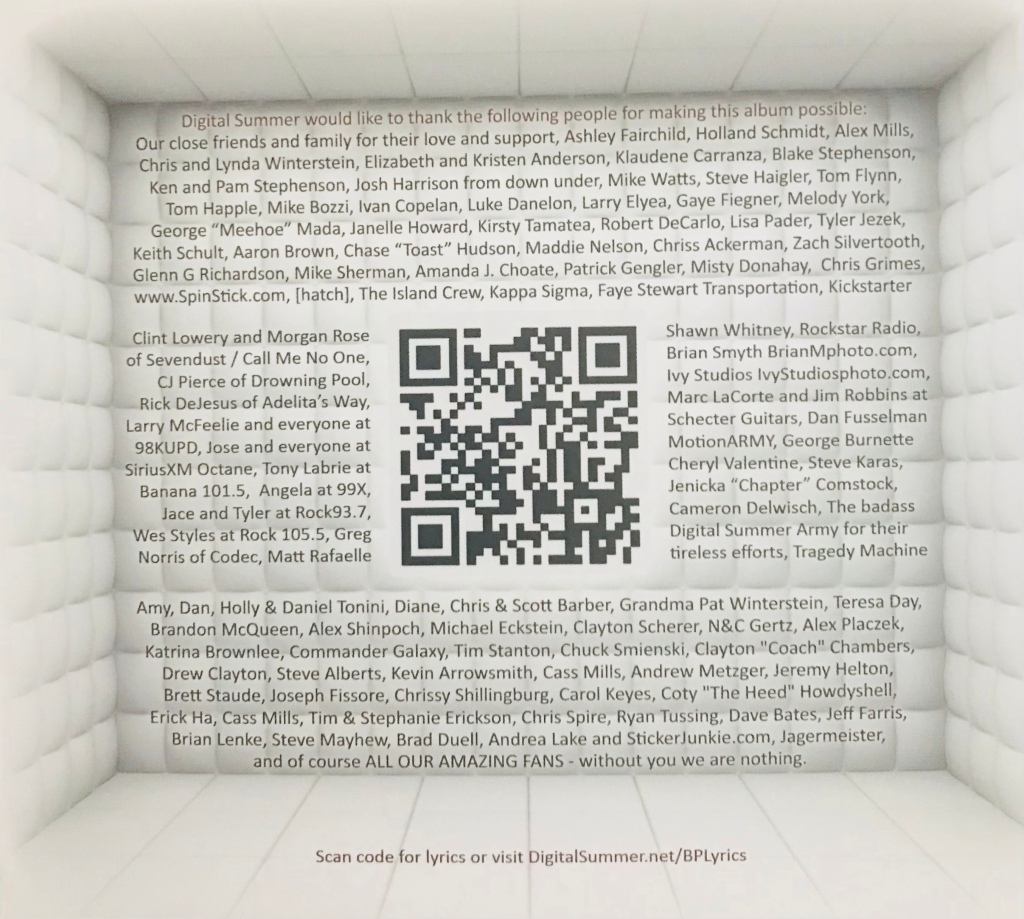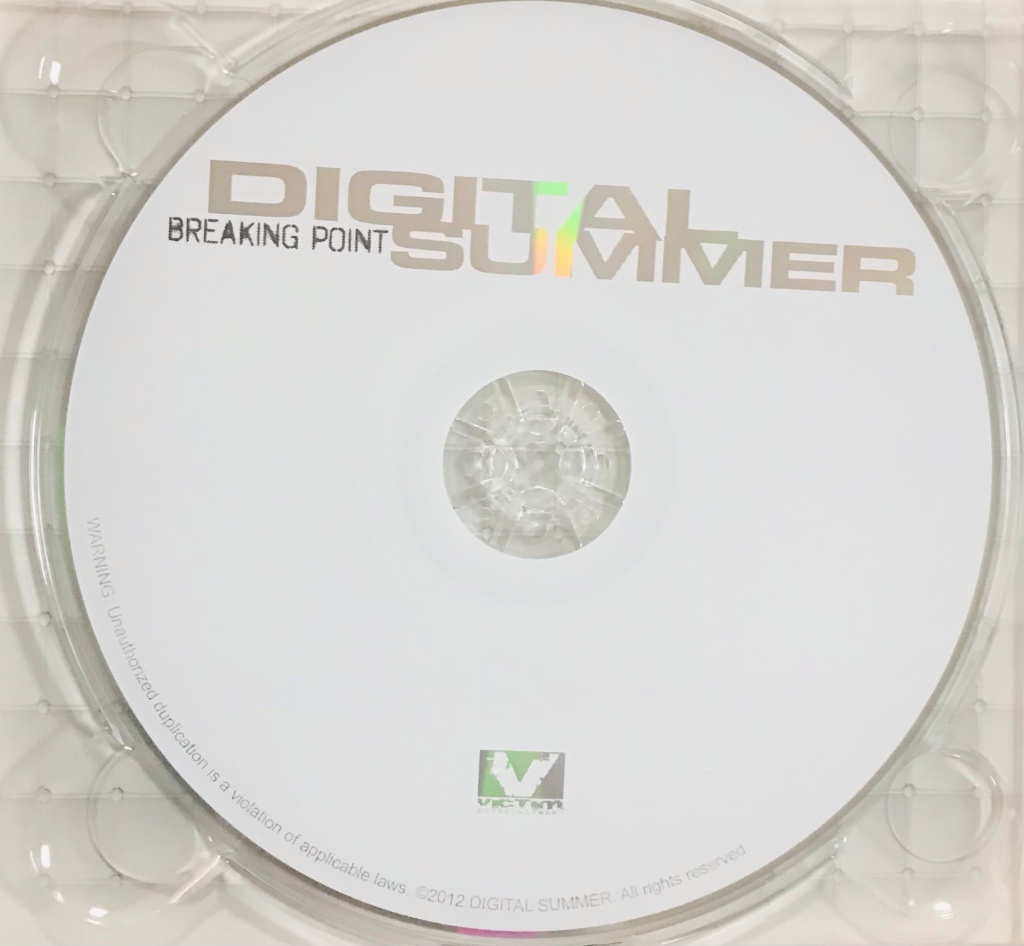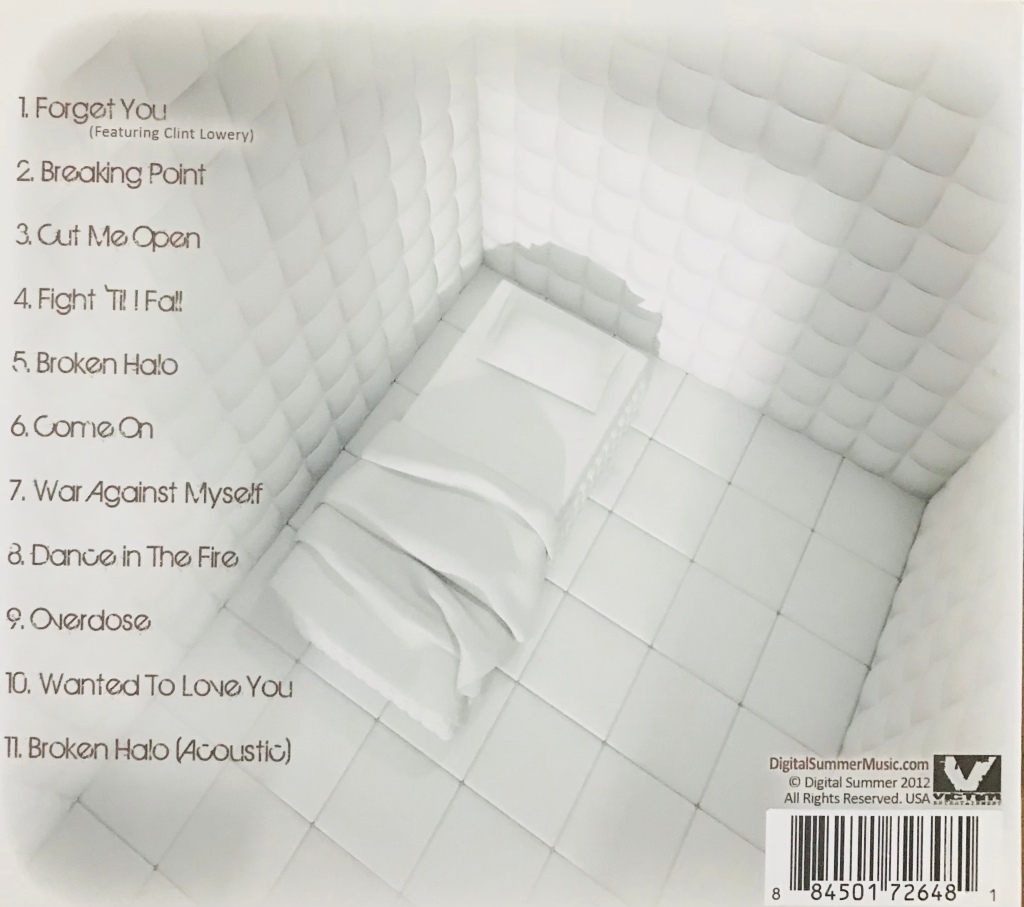Fake news is nothing new to the world. It’s been around for a long time.
It’s become a problem now because the people/organisations who invented it, had the tables turned and fake news was/is used against them. That’s right, the media outlets who put fake news out in the world based on PR companies and Ad companies sponsorships, had the tables turned against them. The recent U.S election is a perfect example of how powerful fake news can be.
The recording and movie industries along with their associations/lobby/bribery groups in the RIAA/MPAA have been the largest perpetrators of fake news in the world. When billions of dollars are involved, these industries employ some of the most creative writers in the business to basically creating fictional works of fakery. And people believe it.
Let’s start with a few good ones.
- Home Taping Is Killing Music And It’s Illegal
- Copy a CD and get a criminal record
- Piracy: It’s a crime
- Piracy kills artists.
In other words, if the consumers of music don’t pay for every instance of music, how can musical artists or movies ever make a living?
These words of wisdom ignore independent research about the power of free music in helping musicians to be discovered in the first instance. The biggest enemy of any artist is NOT BEING DISCOVERED. Once they are discovered, they can then go on and make all kinds of money via the more friendly artist profit outlets in concerts and merchandise. But the RIAA has done such a good job at spreading fake news about Copyright, that many swallow the industry’s words of wisdom whole.
Ed Sheeran is a mega seller in today’s current musical market. I have written about him before on these pages. He began his career without a record label and promoted himself instead.
“Beyond writing the songs, Sheeran also wrote his own rules about how to sell them. Like so many others, he had set off for London as a teenager, singing on street corners and in pubs. But he didn’t knock on record company doors or wait to be discovered. Instead, he began marketing his own stuff, releasing his music himself on websites until — inevitably — a record label came calling. He had already earned half a million from his independent sales, putting the music out himself.”
CBS Article
The labels came knocking after Sheeran had built up a following. And how did Sheeran build up the following?
“It was file sharing. I know that’s a bad thing to say, because I’m part of a music industry that doesn’t like illegal file sharing, but illegal fire sharing was what made me. It was students in England going to university, sharing my songs with each other.”
CBS Article
But the labels and the RIAA want stricter enforcement for piracy and longer prison terms and bigger fines for illegal file sharers.
Because copyright has been hijacked by these Corporate entities for the last 70 years, we have situations that makes the mind boggle. Like how a band in 2017, might not be able to use a song that dates back the mid 1900’s, whose creator is believed to be dead and was passed down for generations orally. Here’s what the Yahoo article has to say on the matter;
“A Gwich’in love song, passed down for generations through oral tradition, has become a copyright roadblock for the Hummingbirds — preventing them from releasing their latest album “One Weekend” in June for months. The song Goodbye Shaanyuu is one of the tracks on the album. It’s a folk song from Fort Yukon, Alaska that dates back to the mid-1900s. But the record company dealing with the band is holding off the official release of the album, says Mumford, until the band solves a copyright issue with the song — which was written by a Gwich’in woman named Annie Cadzow, who is believed to be dead.”
This is the Copyright mess that corporations have created. Even though a corporation could hold the rights to this song, because it makes no money, it is forgotten. And now there is a band that wants to bring it back and they have to go through hell to release. The article further states;
The band has three options:
1) Find Annie Cadzow — or her family members — and get permission to use the song in their album.
2) Find out if Cadzow has died more than 50 years ago, which puts the song into the public domain. Or
3) Just release the song in hopes that no one will come forward and sue, but this is a non-option for the band out of respect for Cadzow and Gwich’in history.
The band is working with researchers in Alaska who are helping track down Cadzow’s only living daughter who’s said to be in her late 80s.
But the bassist for the band Bob Mumford believes that the song known today doesn’t sound nothing like the original song as lyrics were added and melodies got altered. So how does this sit with current copyright law that assumes that all works are so original and if there are any similarities it’s time to sue.
As the article further states;
“Folk music was widely believed to be “national treasure” — or owned by everybody. Until the idea of copyright came along. The practice of exerting copyright is actually pretty easy. The person that transcribes the oral performance, exerts ownership on it. So whoever makes the recording has copyright on it.”
And that person would have a monopoly on their creation for a certain period of time and then that work would become part of the public domain for other people to use and build upon without any restrictions.
And once upon a time it was like that. But then people had money, they purchased sound systems and vinyl records. Recorded music was suddenly monetised. Which led to many artists complaints about record label creative accounting. And it’s still going on.
The Carpenters are taking Universal Music Group and A&M records to court over the monies paid to them from digital sources. As the Variety article states;
“The Carpenters contend that accountants they hired to examine the record label books found multiple errors and that the defendants rejected the claim of royalties. He is seeking compensatory damages of at least $2 million. Among other things, according to the lawsuit, the record labels “improperly classified” revenue from digital downloads of Carpenters’ music as sales of records as opposed to licensing revenue — short-changing them from a higher royalty rate.
The lawsuit also claims that the defendants undercounted digital downloads and that they applied an incorrect base price to the sales of CDs. The lawsuit notes that the lawsuit is similar to litigation involving the recordings of Eminem in which the defendants were several affiliates of UMG. Ultimately, the 9th Circuit Court of Appeals ruled that digital downloads were a licensing of master recordings rather than a sale of records.”
The labels do what they want to artists who make them millions and then the labels scream loudly to politicians to get laws passed to protect their business models.
So what about songwriters, who write songs for other artists?
As the labels get flush with cash from streaming licensing and royalty fees, they have failed to pass it on to the people who matter. But due to creative fakery of news, the Songwriters lobby group believes that the streaming services are to blame and they should pay more, with the hope that those extra payments are filtered down to the songwriters.
“We should get compensated every time someone streams a song”
David Israelite, CEO of the National Music Publishers Association (NMPA)
But wait a minute, some publishers already have their own deals with the streaming companies to compensate the songwriters, so why is there a need to force streaming companies to pay more. Spotify is barely profitable and in order to please the NMPA, a $20 million settlement was announced recently.
As the NY Times article states;
“Spotify will pay publishers between $16 million and $25 million in royalties that are already owed but unpaid — the exact amount, these people said, is still undetermined — as well as a $5 million penalty. In exchange, the publishers will refrain from filing copyright infringement claims against Spotify. The settlement concerns mechanical licensing rights, which refer to a copyright holder’s control over the ability to reproduce a musical work. The rule goes back to the days of player-piano rolls, but in the digital era mechanical rights have joined the tangle of licensing deals that streaming services need to operate legally.”
You can see what a mess Copyright has become, when mechanical rights that go back to the player piano rolls are still discussed about today. And Spotify is just one streaming services. There are others that will need to do these kind of extortion deals and suddenly the NMPA is loaded up with cash in the hundreds of millions. All because the labels, the publishers and their lobby groups don’t pass on the monies earned to the people who actually create.
“I am thrilled that through this agreement, both independent and major publishers and songwriters will be able to get what is owed to them.”
David M. Israelite
I don’t know about anyone else, but what we have is a world of mega associations/corporations and labels living large off the value that music creates without really compensating those creators. Because as we have seen all around the world, these organisations like to accumulate and live the high life, but they don’t want to pay those monies in full to the people who really earn it.
If you don’t believe me, check out this article, over at Torrentfreak, where the Greek organisation in charge of collecting and paying artists royalties, was found to have serious financial irregularities where their operating expenses outstretched it’s income, creating an 11.3 million Euro deficit, while during the same period, the CEO, GM, PR and Secretary pocketed 5 million Euro’s.
As the Torrentfreak article states;
“By Dec. 31st 2014, the undistributed royalties to members and rights holders amounted to 42.5 million euros, and have still not been awarded to members. The nature of a significant portion of this collected revenue of approximately 36.8 million euros has not been possible to assess, because collection invoices weren’t correlated to specific revenues in AEPI’s IT system.”
So next time you read a piece of news about stronger Copyright’s needed to compensate artists, remember the fakery involved in that piece of news and how people who contribute nothing to culture and music, live a jet setter lifestyle on the backs of the artists.
